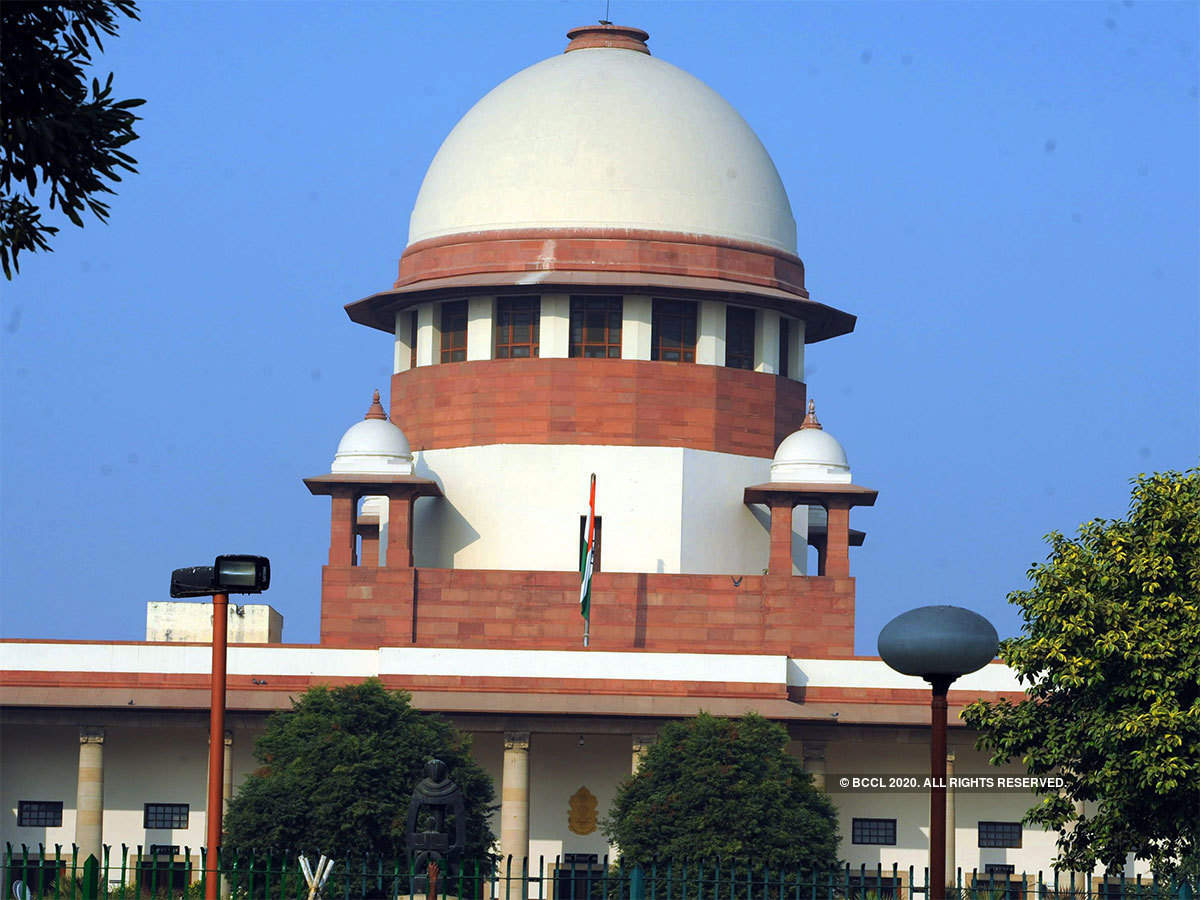
Delhi government to challenge SC’s acquittal of 2012 rape-murder convicts

The Delhi government has said that it will challenge the Supreme Court’s recent acquittal of three men who were convicted for the gangrape and murder of a 19-year-old girl in 2012.
Reports said Delhi’s Lieutenant General Governor Vinai Kumar on Monday morning gave his consent for the filing of a review petition in the case after being approached by the gangrape-murder victim’s parents.
Also read: Lost faith in judiciary: Gangrape-murder victim’s kin as SC frees accused
The parents of the victim had earlier said that they were “broken” by the Supreme Court’s order. They had said that they fear for their lives and sought police protection.
Reports said Solicitor General Tushar Mehta and Additional Solicitor General Aishwarya Bhati will represent the Delhi government in the case.
Earlier this month, a Supreme Court bench led by former Chief Justice of India UU Lalit had acquitted the three people convicted for the gangrape, by stating that the prosecution has failed to prove the crime.
“Having regard to the totality of circumstances and the evidence on record, it is difficult to hold that the prosecution had proved the guilt of the accused by adducing cogent and clinching evidence,” the bench observed.
On February 9, 2019, the teenager, hailing from Uttarakhand’s Pauri Garhwal district was abducted while returning home from work in Gurugram’s Cyber City. A few days later her body was recovered from a field in Rodhai village in Haryana’s Rewari district. The body was half burnt and bore multiple injuries. Autopsy report indicated that she was tortured and a glass bottle and car tools were inserted into her private parts before death.
Also read: SC prohibits ‘two finger test’ for rape survivors; calls it patriarchal, sexist
The trio was convicted by a Delhi court and given death penalty in February 2014. The Delhi High Court upheld the sentence on August 26, 2014.
The accused had approached the Supreme Court praying for their sentence to be reduced.

